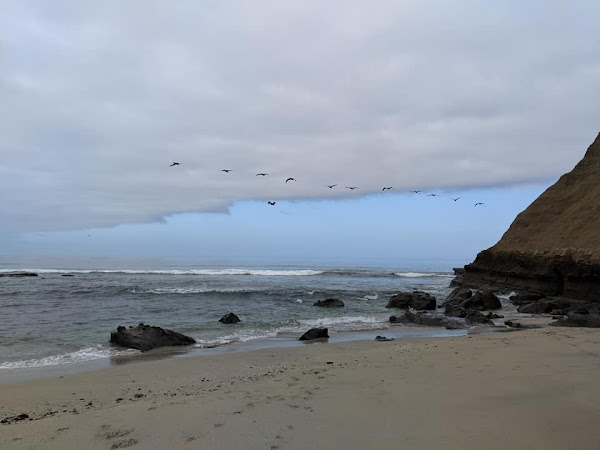From a 2003 article, "Some Thoughts on Homeschooling," by Sandra Dodd
My children learned to read without phonics lessons, without programmed readers, and without pressure. Kirby had two and a half lessons, and that cured me of doubt. I had taught reading, years before, and laying those two experiences side by side made me aware of the damage that whole mindset does. So I read to him, played word games with him, sang with him, watched movies with him, bought him video games and magazines to go with them, and from Nintendo gaming guides and magazines, he learned to read fluently when he was nine.
My other two read at ten and eleven. I was more relaxed, and though I was surprised that Holly read "late" (for a girl, I thought, unfairly), a year ago she wasn't reading and now she reads very well. It comes almost suddenly, once they "get it," and I'm convinced that it comes suddenly at school too, but teachers who want job security and paychecks disguise the process with years of exercises and read-alouds and worksheets until those loom large and the child is lost within. At some point a child either reads fluently or has given up trying.
Because my children learned to read without having been taught, they have no doubt whatsoever that they could learn anything else. Few things are as important or as complex as reading, yet they figured it out and enjoyed doing it. If I thought I had taught them, they too would think I taught them, and they would be waiting for me to teach them something else.
They have never been criticized for "not showing their work" when they do calculations in their heads. Mathematics, too, they have learned in fun ways for real reasons.
—Sandra Dodd, 2003
(Holly has read well for over 20 years)
SandraDodd.com/thoughts
photo by Denaire Nixon



















